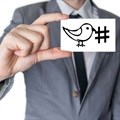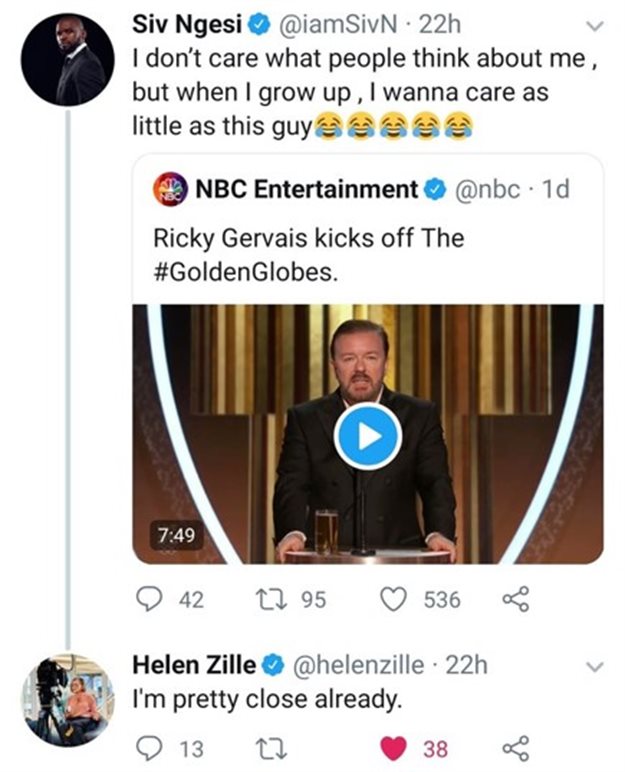A little more than a month ago, I deactivated my Twitter account. Two days ago, I made it permanent. Ten years and nine months of my life, along with 19,300 followers (who knows how many of them fake), gone forever with a couple of clicks.

Image source: Gallo/Getty Images.
Personally and professionally, it’s a loss. There are parts of Twitter I miss – the friends I made there, the wit, the sense of being instantly in touch with what everyone was talking about. Because I need to know what is happening in the world, and some of my professional relationships were established and maintained primarily via Twitter, there will be a knock-on effect on my ability to earn a living.
Is Twitter worth it?
I’m significantly less influential than I was before I killed off @Anatinus, but the real price I pay is that I know so much less about others, especially others who lead lives different from mine. This is so important when you need to understand what makes human beings tick in order to create relevant communication.
When I was on Twitter, I’d see how a huge range of people chose to communicate how they felt, in real time, and I’d get a sense of the emotional temperature of my country. Not a hugely representative sample, to be sure – election results across the globe make that much clear – but a whole lot better than nothing.
In a nutshell: like many of us in social media and advertising, I need Twitter to do my job. But Twitter is also a risk to my mental health, my offline relationships, my reputation – to everything really. Is being on Twitter worth it?
This is a question that many of us who do this for a living have to contend with. In 2020, is it possible to be on Twitter, the way we used to be? Is the personal Twitter account – the kind where early adopters shared our experiences and our feelings and used it primarily to connect with others rather than broadcast to an audience – is that kind of Twitter account dead?
Twitter streets are strewn with wrecked careers
As most of us know only too well, Twitter has always caused tension between employers and employees. It allowed staff to build their personal brands, or express their feelings.
In its immediate access to the entire world, its instant shareability, and its vulnerability to outrage, it was always reputationally risky. The Twitter streets are strewn with wrecked careers (there but for the grace of God go I).
As Twitter became more dominant, and everyone had to be there, it became harder for the early adopters to just be themselves. Your boss was watching. So were your colleagues and your clients. You had to be careful, and when you weren’t you soon found out about it. (And yes, even bosses sometimes got into trouble for their tweets – threats of client boycotts from right-wing crazies probably don’t go down too well with global management.)
A microblogging platform
The original point of Twitter – a microblogging platform – has, I think, largely been lost. Only those with nothing to lose are left, or those who rely on controversy for clicks, or those with protected accounts. Everyone else must tread on eggshells if they want to survive.
Or do as I do now: I’ll take a look at an account I used to follow because it means I don’t have to log in, then glance over the trending topics every day, and be gone. Twitter is not a walled garden in the way that Facebook is, so it’s still possible to see what’s going on. It’s just not possible to be part of it.
Bradley Workman Davies and Kerry Badal 2 Feb 2016 A lot of this is inevitable – as the platform matured and went mainstream in South Africa, it couldn’t remain the way it was when many of us first joined. Part of me hopes that we find another space to share and connect, and be open to discovering the wonderful randomness of this impossibly crazy world we live in - preferably without all the viciousness.
There have been many pieces here about where the world is going next, but when it comes to Twitter, or the Twitter-shaped whole in the world, I honestly can’t predict what we’re in for. Any ideas?






































